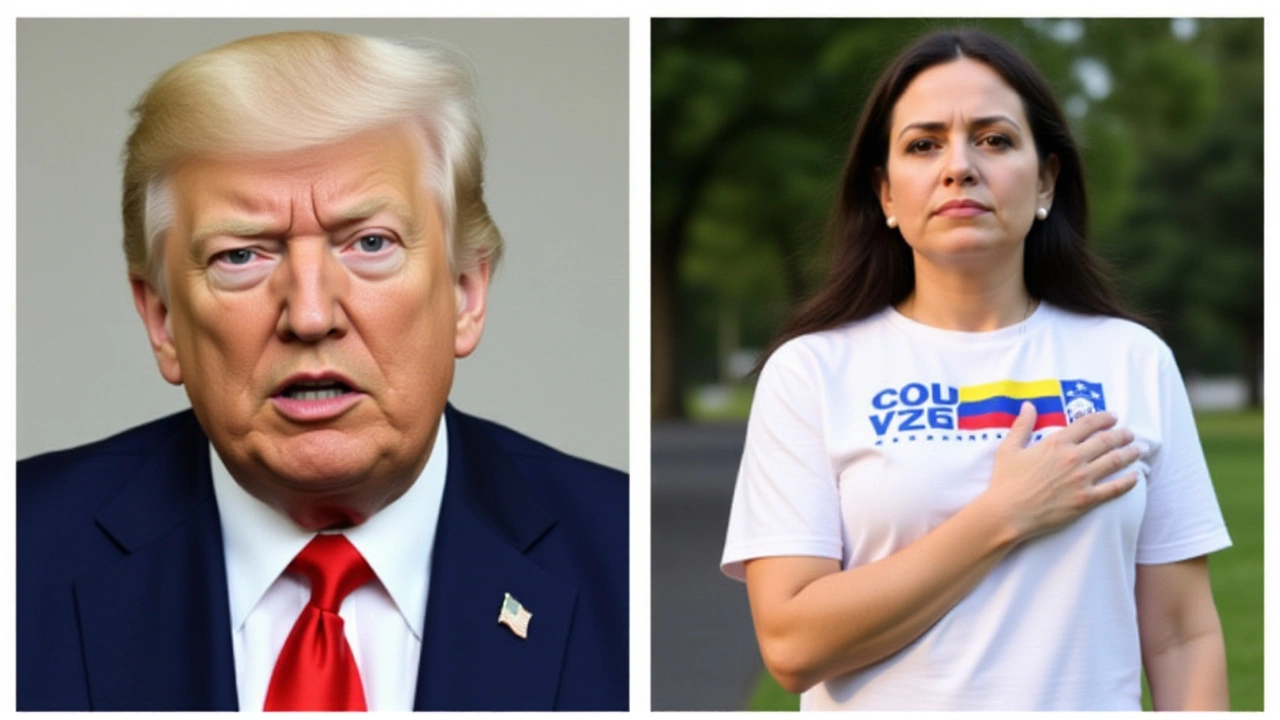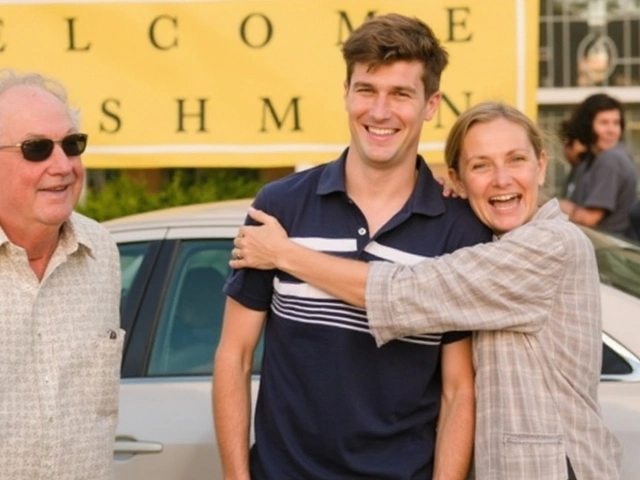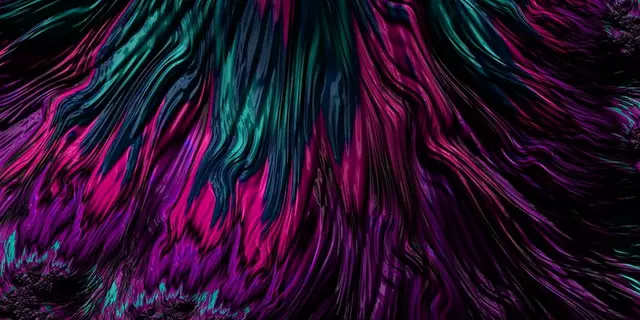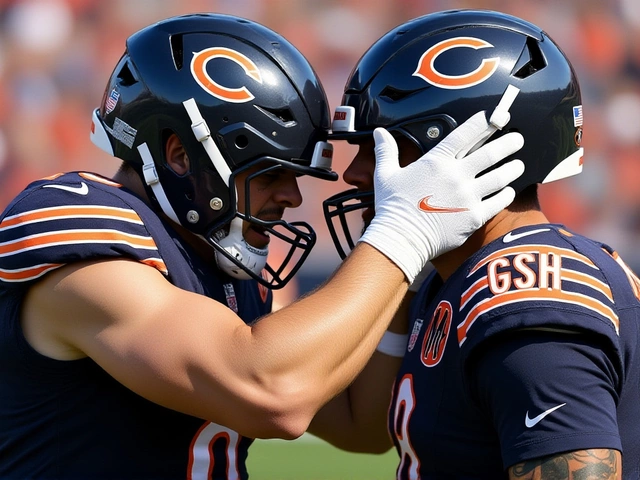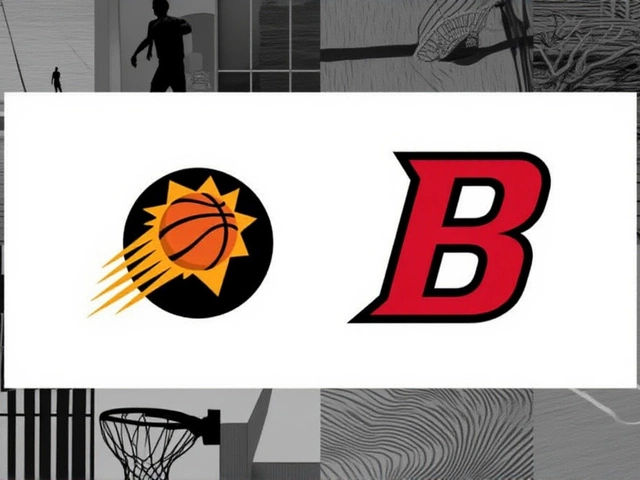On Friday, October 10, 2025, the Norwegian Nobel Committee stunned the international community by awarding the Nobel Peace Prize to a name most people associate with clandestine meetings and whispered resistance: María Corina Machado, a 58‑year‑old Venezuelan opposition leader who has spent more than two decades fighting for democratic change.
The ceremony will be held in Oslo on December 10, but the decision has already rippled through political circles in Washington, Caracas and beyond. The committee’s chair, Jørgen Watne Frydnes, a noted human‑rights advocate, said Machado’s “brave, unwavering commitment to a peaceful transition” set her apart from the other contenders, including former U.S. President Donald Trump, who had openly campaigned for the honor.
Why Machado’s Victory Matters
Machado’s triumph isn’t just a personal accolade; it’s a symbolic rebuke to the authoritarian grip of President Nicolás Maduro in Venezuela. Since the disputed 2024 presidential election, the regime has slated opposition figures with travel bans, arrests and even disappearances. Machado herself has been living in hiding, barred from running, yet she kept the opposition coalition together through the civic group Súmate, founded in 2002 to push for free elections.
“Her work keeps the flame of democracy burning in a growing darkness,” Frydnes told reporters at the Nobel Institute. The committee highlighted three specific reasons for her selection: uniting a fractured opposition, resisting the militarization of Venezuelan society, and championing a non‑violent path to change.
Trump’s Campaign and the Nobel’s Response
Trump, now 79, spent the first months of his second term flaunting a self‑styled “peace portfolio,” boasting of ceasefires from the Middle East to Southeast Asia. White House aides reportedly drafted a victory speech before the announcement, assuming the prize would fall in line with his geopolitical bragging.
“The Nobel Committee does not respond to campaigns or media pressure,” Frydnes reminded the press, noting the panel reviewed 338 nominations—244 individuals and 94 organizations—by a Jan. 31, 2025 deadline. While Trump’s nomination was backed by several allied governments, the committee’s independence was evident.
Asle Toje, vice‑chair and political scientist, added, “Lobbying campaigns usually have a negative effect on nominees’ chances.” His comment underscored the tension between political theater and the Nobel’s historic emphasis on grassroots peace work.
U.S. Policy Toward Venezuela: A Parallel Narrative
In August 2025, the United States doubled its reward for Maduro’s capture to $50 million, a move Machado publicly thanked on social media, saying, “We, Venezuelans, thank President Trump and his administration for their firm and decisive action.” The gesture reflects a broader U.S. strategy that began under President Obama’s 2015 executive order declaring Venezuela a national security threat—a policy that layered sanctions on regime officials, aiming to “squeeze the inner circle” without sparking a nationalist backlash.
Analysts note that while the U.S. pressure has intensified, the Nobel’s nod to Machado signals a different kind of leverage: moral authority that can pressure authoritarian regimes in ways money and sanctions cannot.
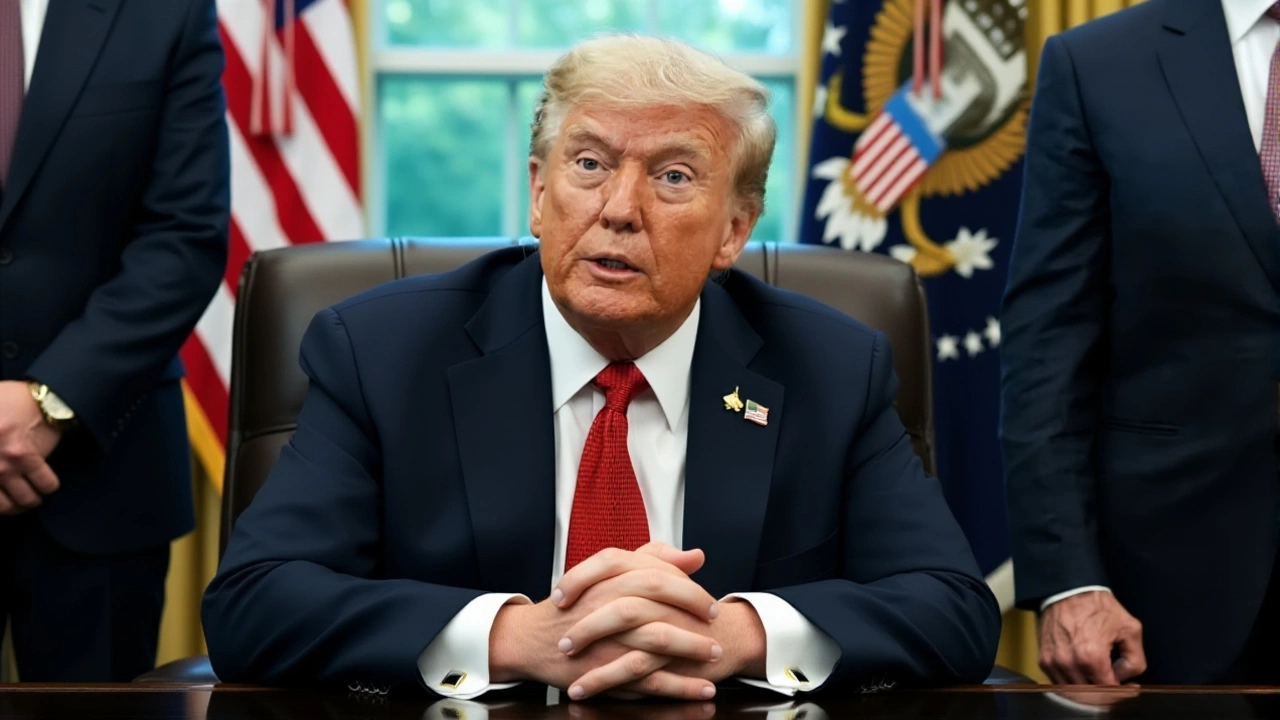
Reactions From Norway and the International Community
Norwegian socialist leader Kirsti Bergstø warned that Trump’s reaction could be unpredictable, saying, “When a president behaves like this, we prepare for anything.” Yet many Norwegian lawmakers praised the committee’s choice, viewing it as a continuation of last year’s award to Japan’s atomic‑bomb survivors group Nihon Hidankyo, which underscored “the durability of peace and promotion of human fraternity.”
Human rights groups across Latin America issued statements calling the award a “victory for democratic aspirations” and urged the international community to double down on diplomatic support for Venezuela’s civil society.
What’s Next for Machado and the Nobel Prize Ceremony
The December 10 ceremony in Oslo is scheduled to feature a brief speech from Machado—if security permits her travel. The Nobel Institute has not disclosed a backup plan, but Frydnes hinted that a video address could be arranged.
Beyond the ceremony, the prize is likely to boost Machado’s visibility on the world stage, potentially translating into increased pressure on Maduro’s government. Some observers predict that her elevated profile could open doors for new sanctions, humanitarian aid channels, and perhaps even a negotiated transition.
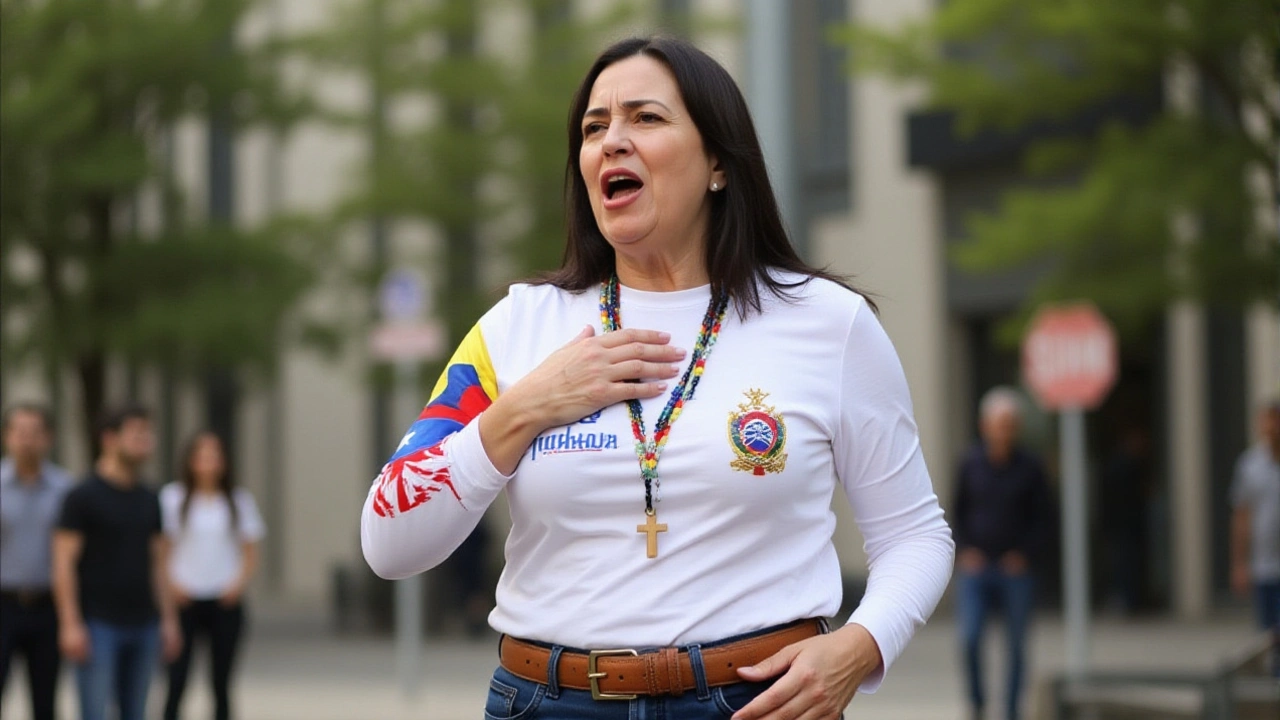
Historical Context: Nobel Peace Prizes and Politics
It’s worth recalling that the Nobel Peace Prize has a mixed record with political leaders. Presidents like Barack Obama (2009) and Jimmy Carter (2002) received the award for diplomatic efforts, while the prize has also gone to activists, NGOs and even collective movements. Machado’s win marks the first time a Venezuelan has been honored, and the first instance where a sitting U.S. president was passed over after an active campaign for the prize.
That juxtaposition raises a perennial question: does the Nobel serve as a catalyst for change or simply a symbolic nod? The answer may unfold over the coming months, as Venezuela’s opposition navigates a precarious path toward possible democratic renewal.
Frequently Asked Questions
How does the Nobel Peace Prize affect Venezuela’s opposition movement?
The award shines a global spotlight on the opposition’s non‑violent agenda, potentially attracting diplomatic support and new funding. It also puts additional pressure on President Maduro’s regime, which may feel forced to respond to heightened international scrutiny.
Why was Donald Trump’s campaign for the prize unsuccessful?
The Nobel Committee emphasized that decisions are based solely on Alfred Nobel’s will, not political lobbying. While Trump’s ceasefire claims were widely publicized, the committee prioritized long‑term, grassroots peace work, which Machado exemplified.
What security concerns could prevent Machado from attending the ceremony?
Venezuelan intelligence services have a history of targeting opposition figures abroad. Norwegian authorities have not disclosed specific threats, but they are planning extensive security measures and a possible remote address if travel proves too risky.
How many nominations did the Nobel Committee receive for 2025?
The committee reviewed 338 nominations, comprising 244 individuals and 94 organizations, all submitted by the Jan. 31, 2025 deadline.
What precedent does the 2024 Nobel Peace Prize set for this year’s decision?
In 2024, the prize went to Nihon Hidankyo, a Japanese atomic‑bomb survivors group, underscoring the committee’s focus on enduring peace and human fraternity. Machado’s award follows that theme by honoring a struggle for democratic peace in a contemporary conflict.

